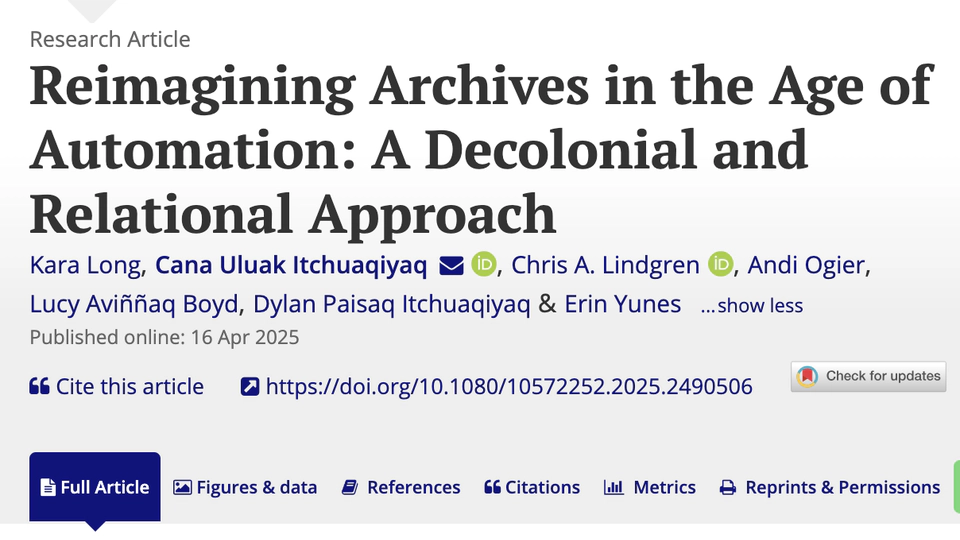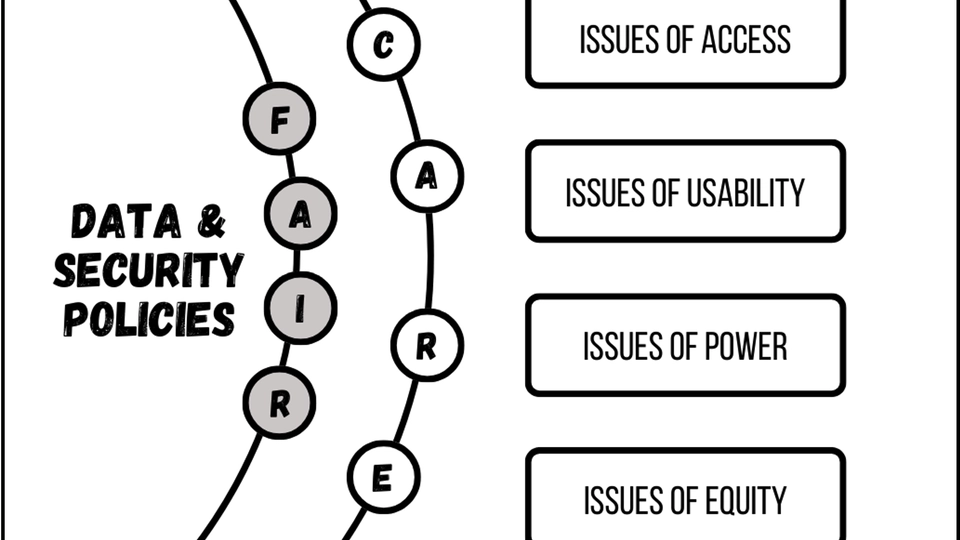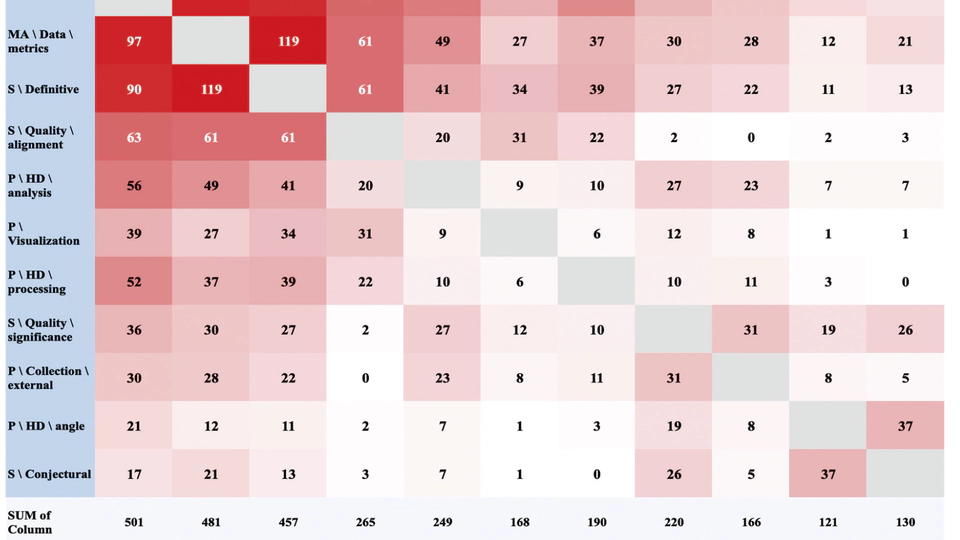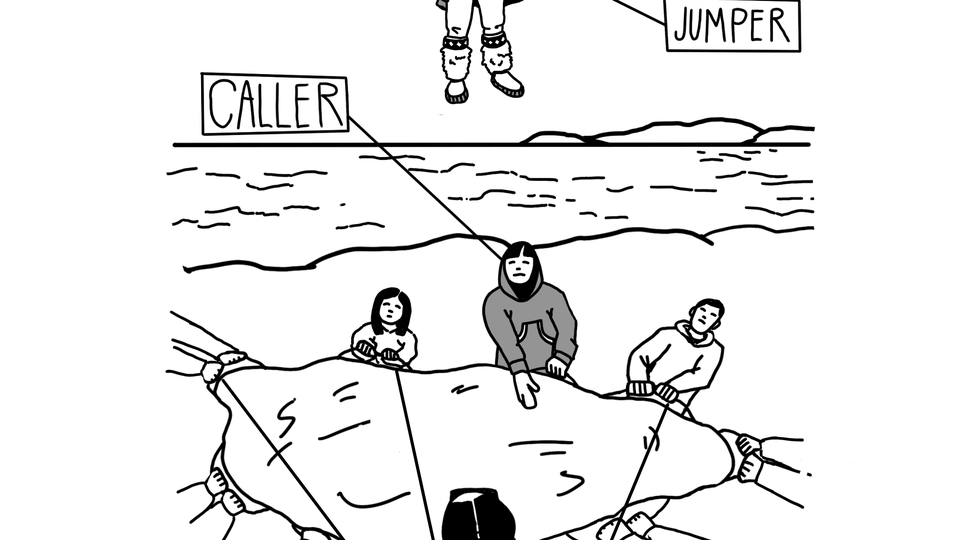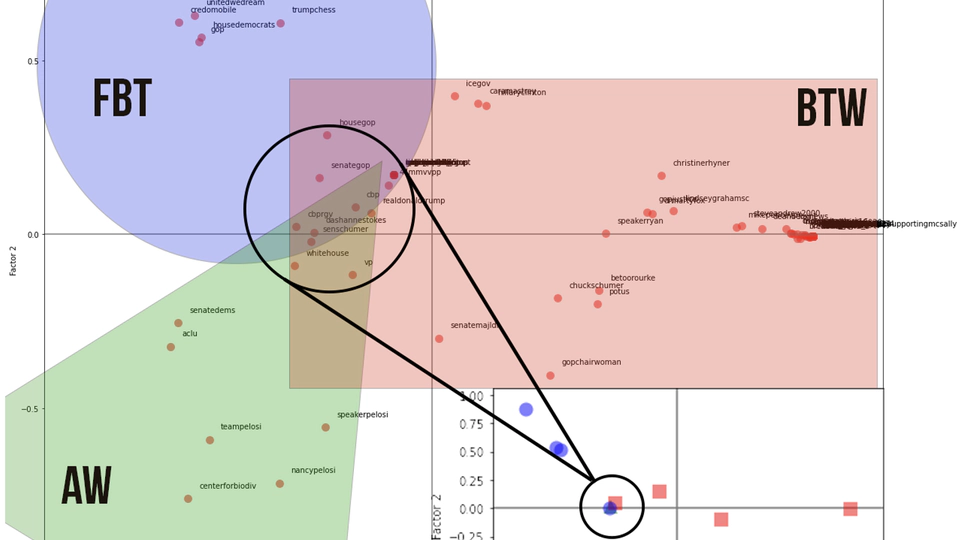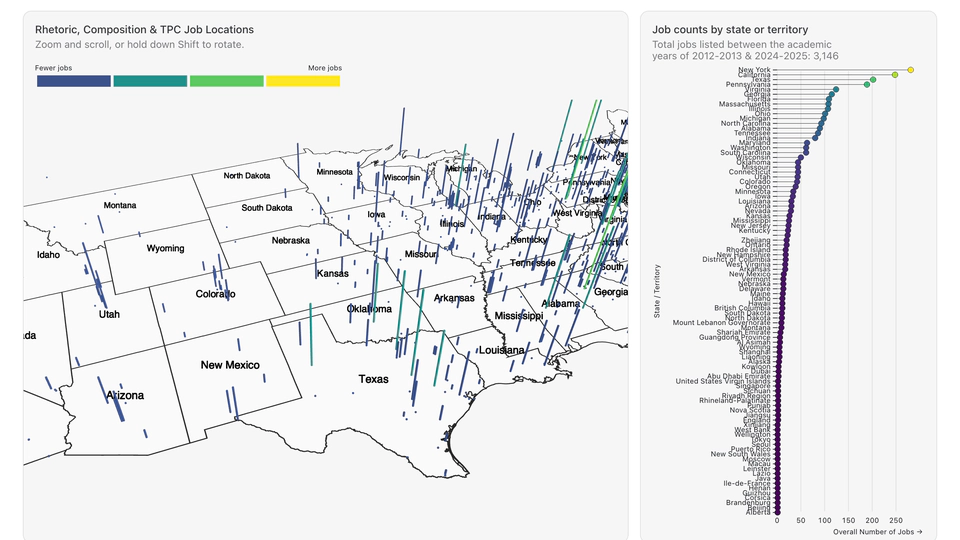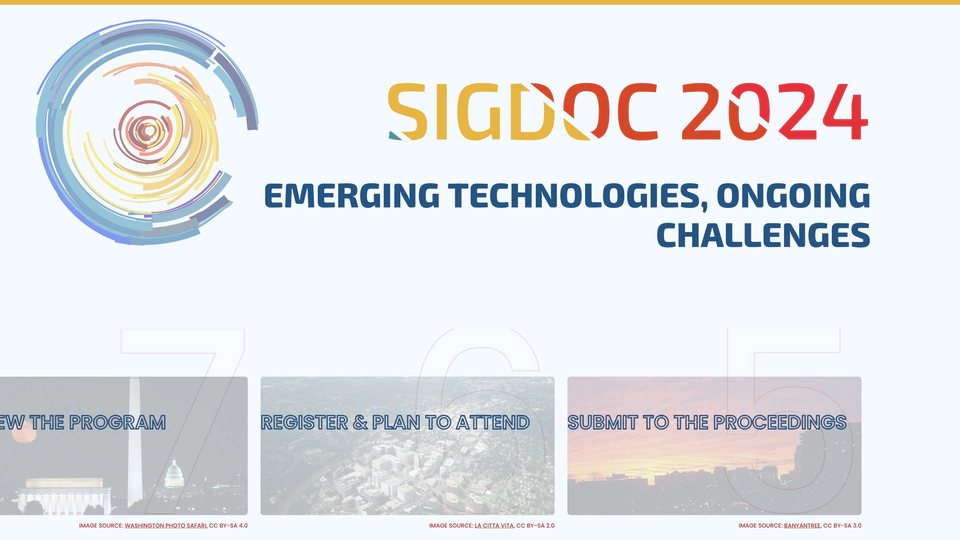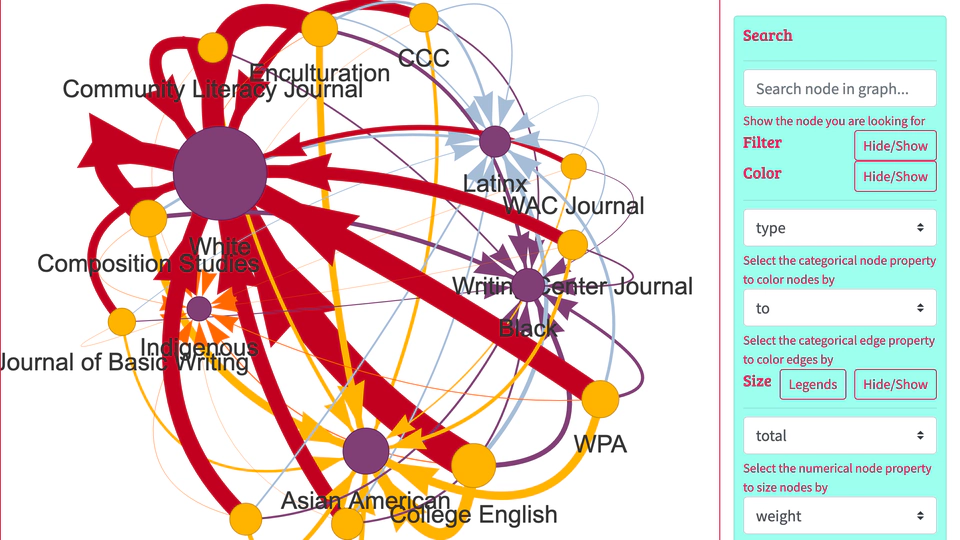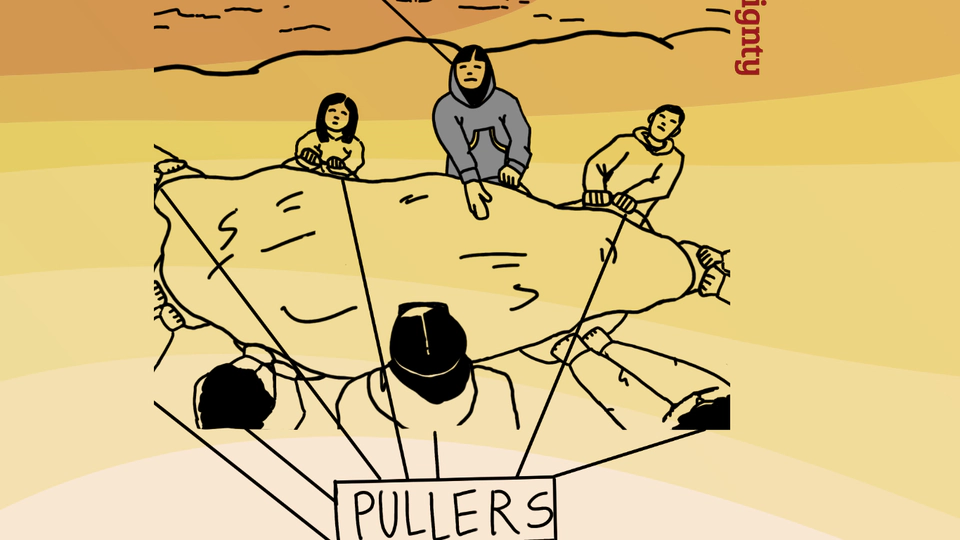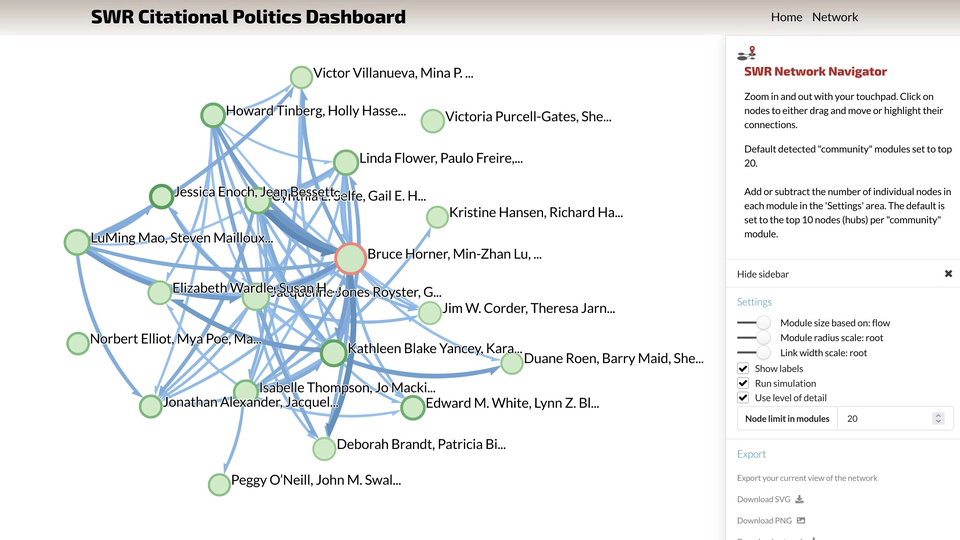About Me
I study computer coding and data-driven work as rhetorical communication. My research interests include the rhetorics of data work – from data science to digital archiving – and developing new protocols and models for community-engaged and self-determined Indigenous Data Sovereignty.
Some of my past research has studied how capitalistic rhetoric has impacted calls for coding as the new mass literacy and using novel methods to study the communication design of digital platforms as political infrastructure. Overall, I apply a design justice approach to digital communication.
I’m a partner on The Rematriation Project—a project dedicated to empowering Indigenous communities’ rights to their own data, knowledges, and practices. I am also founder of the SIG on the Writing and Rhetoric of Code an Advisory Board Member of the SIG on Communication Design.
- critical data studies
- Indigenous Data Sovereignty
- data processing, analysis, and visualization
- coding literacy
- design justice
- visual rhetoric
